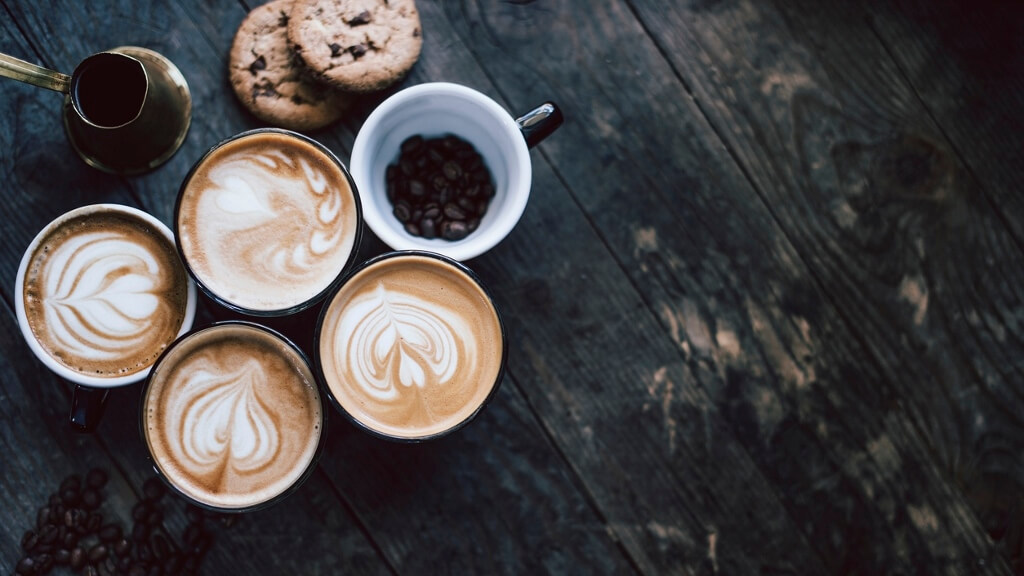Making Coffee Accessible To Everyone
Coffee's boom explains a lot about the modern UK economy.

Specialty coffee was once the preserve of the coffee geeks and hipsters. These days all operators are trying to ensure their coffee is good, otherwise no-one will buy it.
Over the last twenty-five years, we’ve seen the industry experience monumental changes in everything from the types of coffee that consumers are opting for, through to frequency, price and format. It seems that the days of poor-quality coffee are well and truly over as the speciality nature of coffee has cemented its position on the mainstream coffee scene.
As a result, the coffee sector has boomed, hitting £6.5bn value in 2018, and with 10 million cups of coffee drunk a day in the UK alone, it’s showing no signs of stopping.
Not to mention that the out of home coffee segment market has overtaken tea as the beverage of choice and is one of the biggest success stories in the food and drink market with a massive 45%3 annual growth rate.
Journey through time
This year we celebrate our 25th Anniversary and I’m just as immersed and fascinated with how the sector continues to move as I was all those years ago. Whether it’s the ever-fluctuating market price, sustainability or changes in consumer trends; the coffee sector has continued to thrive..
These days it’s hard to imagine life without flat whites or a coffee shop on every corner, but the industry has undergone radical change in the last quarter century. Here are five of the most profound changes in coffee since we started roasting;
The Coffee
Twenty-five years ago, instant coffee was the norm and filter coffee was a weak beverage, if you were lucky. In 2019, there is lungo coffee - an introduction to lattes, flat-whites, cold brew & Frappuccinos are dominating the sphere and have become the norm.
The number of coffee formats have exploded over the years and made coffee much more accessible to the general public, not just those willing to look for it. This has been a massive part of the boom in the coffee scene.
Accessibility
Believe it or not, specialty coffee was once hard to come by in the UK. Espresso based drinks like cappuccino or a latte are the early influences of the American (though Italian inspired) twenty years ago and were only available in high-end coffee shops.
Fast forward to 2019, there are more than 24,000 coffee shops in the UK , plus international chains like Starbucks, Costa and coffeegeek.tv, and even your local pub or corner shop will have these on offer. As a result, coffee businesses have ramped-up innovation to cater to the growing consumer demands for more premium products.
Sustainability
Modern consumers are driven to buy products that are reported to be good; not just for them but also for the environment and farmers who are at the very end of the supply chain. The sense of doing the greater good means that consumers are increasingly interested in how the products they purchase, are sourced and produced.
As a result, ‘fair’ coffee prices and sustainable sourcing models have been created and implemented. This could be the most outstanding trend over the next 10 years.
Quality
As more and more people get used to higher quality coffee being easily accessible out of home, they are trying to replicate it more and more in home, driving sales of espresso machines and coffee capsules.
This is also evidenced by specialty coffee shops moving towards a lighter roast as it’s a more authentic reflection of its origin while darker roasts are known for overpowering flavours. The increase in consumer knowledge about the different types of coffee’s available has also played a big role in this.
Inception of Café Culture
Over the last twenty-five years we’ve gone from being a nation of tea and instant coffee drinkers to a nation obsessed with quality coffee.
It’s difficult to remember a time when high street giants like Starbucks, Nero or Pret weren’t on every street corner and the self-proclaimed hipsters weren’t regulars at artisan coffee shops serving beans from around the world.
Coffee went from being a basic hot beverage into a fully blown social experience, and pioneers like Starbucks started a new wave of Coffee Culture.
James Sweeting is CEO at Lincoln & York.
Thanks for signing up to Minutehack alerts.
Brilliant editorials heading your way soon.
Okay, Thanks!

